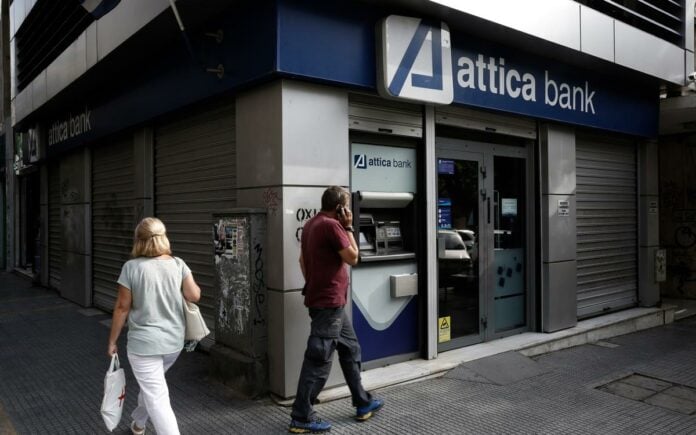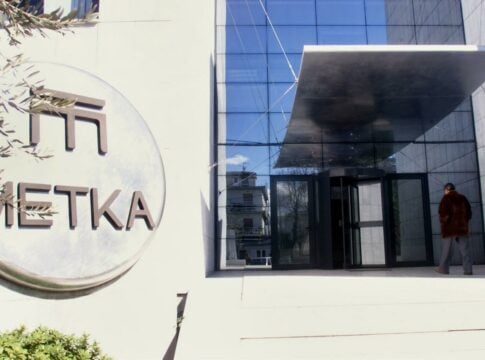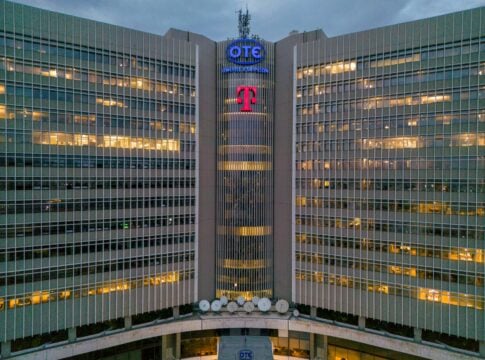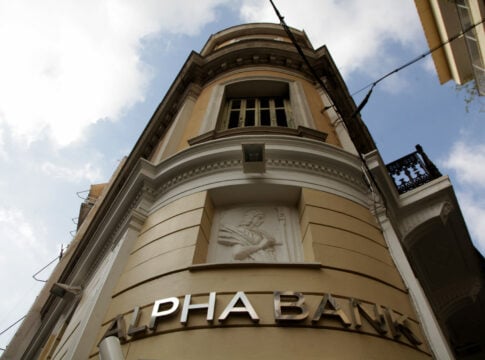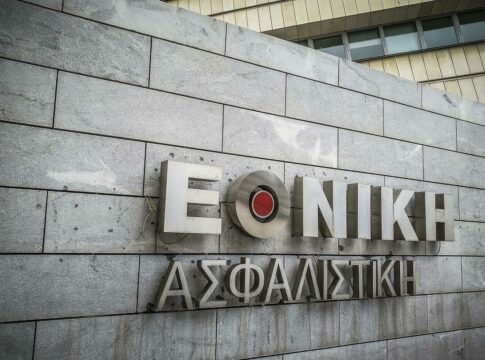The growth rate of the global economy in 2024 is expected to maintain its momentum close to 3.1% (IMF, January 2024).
Therefore, it seems likely that the “soft landing” scenario of economic activity will prevail, following the disruptions caused by geopolitical tensions and wars in Ukraine and the Middle East, the energy cost crisis and consequent inflation, according to Attica Economic January 2024 Review, entitled “Stable dynamics of the Greek economy in 2024, challenging its qualitative characteristics”, which is prepared by Attica Bank in collaboration with IOBE.
Regarding the Greek economy, positive dynamics are expected to be maintained in 2024, with an additional boost from investments (IOBE, January 2024). A critical factor is the recovery of the confidence of the international investment community, as reflected by upgrades in the country’s credit rating, but also the reduction in the difference in the cost of public and private sector borrowing from the rest of Europe, according to the Economic Review of Attica Bank.
Inflation eased to 3.5% in 2023 from 9.6% in 2022, but remains high in individual categories such as food. As the international environment presents increasing challenges, but fiscal space is also limited, focus is placed on the promotion of reforms aimed at increasing productivity in order to achieve sustainable domestic growth rates in the long term.
In the short term, the following positive domestic developments stand out:
Construction activity continued its strong recovery in the fourth quarter of 2023.
Labor market showed further progress in December, albeit at a markedly slower pace.
The fiscal course in the 11th month of 2023 is recorded within the targets.
Among the short-term challenges:
Retail activity continues to register fatigue in late 2023.
The external balance deficit remains high, despite systematic de-escalation.
The amount of non-performing loans remains high.


